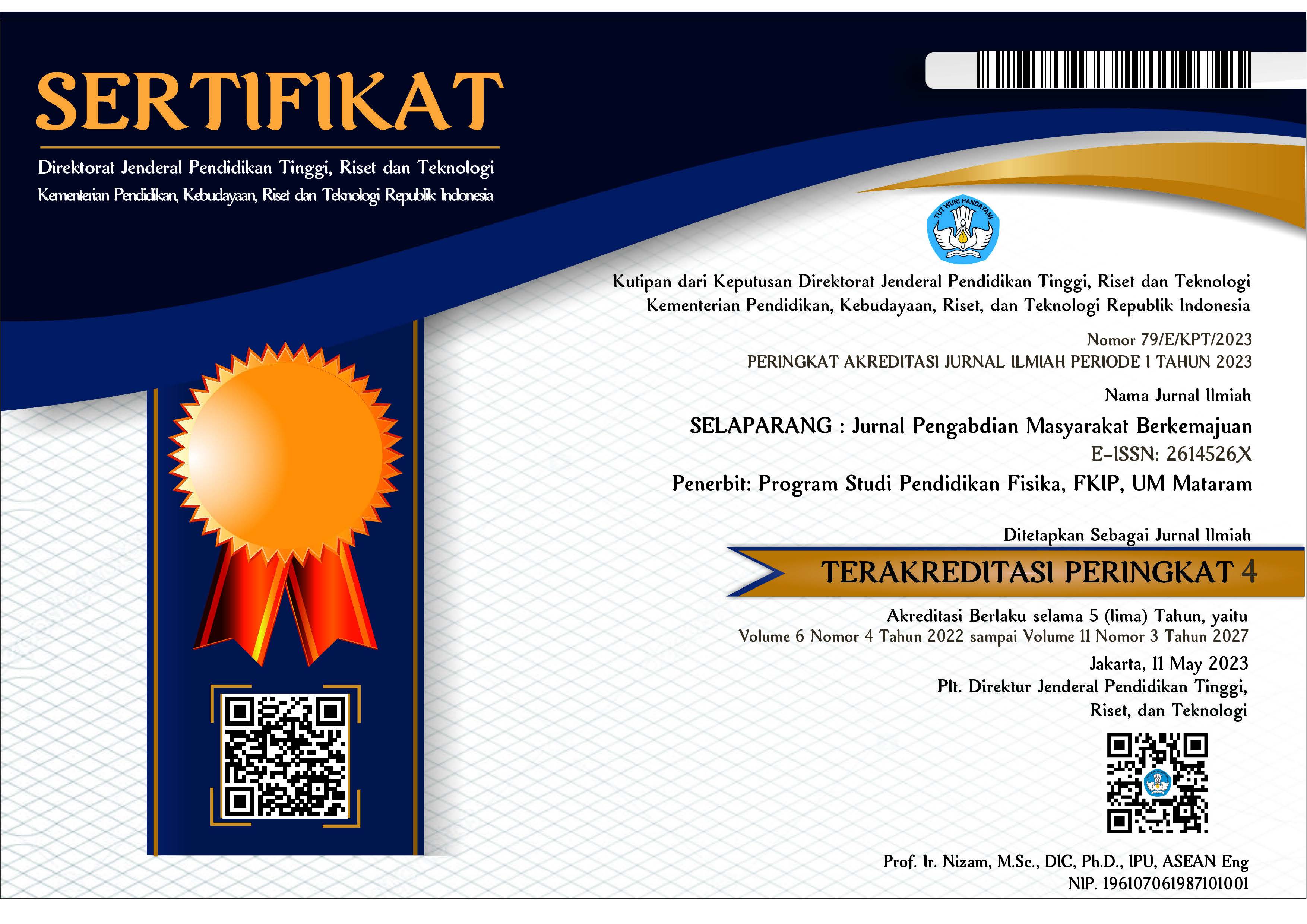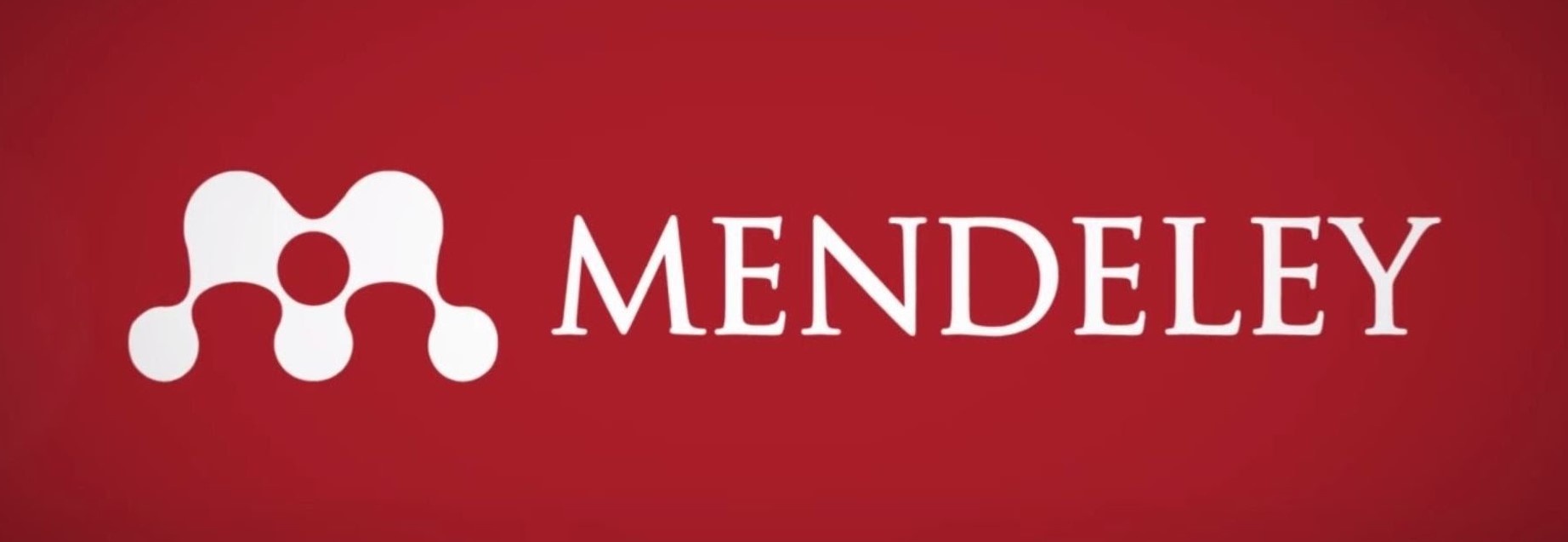Strategi pengoptimalan pembelajaran kewirausahaan di SMK sebagai upaya mendukung program merdeka belajar
Abstract
Abstrak
Pembelajaran kewirausahaan di SMK terdiri dari 16 jam pelajaran. Jumlah jam pelajaran yang banyak ini seharusnya diikuti dengan hasil yang baik. Pemberian jam pelajaran yang maksimal diharapkan dapat membantu tujuan dari Dkirektur Jenderal Vokasi untuk menjadikan SMK sebagai sarana pencetak wirausahawan muda yang mandiri dan berkontribusi terhadap negeri. Akan tetapi, pelaksanaan di lapangan masih belum maksimal. Tujuan dari kegiatan ini adalah untuk membantu Guru SMK yang mengajar kewirausahaan dalam mengoptimalkan pembelajaran kewirausahaan sehingga dapat membantu siswa SMK mengoptimalkan potensinya sebagai calon wirausaha. Pada akhirnya, tingkat pengangguran terbuka yang berasal dari lulusan SMK akan berkurang. Kegiatan ini dilaksanakan di SMK di Bukittinggi. Khalayak sasaran dari kegiatan ini adalah Guru yang mengajar mata Pelajaran Kewirausahaan di Kota Bukittinggi. Metode yang digunakan yaitu metode ceramah dan diskusi untuk meningkatkan pemahaman guru. Hasil dari kegiatan ini adalah meningkatnya kemampuan guru dalam membuat modul dan mengajarkan mata pelajaran kewirausahaan. Setelah kegiatan ini, sebanyak 52,4% guru yang berpartisipasi telah memahami cara untuk menciptakan pembelajaran Kewirausahaan yang menarik. Pelatihan ini tidak hanya memberikan pengetahuan bagi guru mengenai model pembelajaran kewirausahaan, namun juga mengenai pengembangan bahan ajar, tapi lebih juga pada pemberian motivasi kepada siswa SMK Akuntansi.
Kata kunci: kewirausahaan; Sekolah Menengah Kejuruan; merdeka belajar.
Abstract
Entrepreneurship learning at vocational schools consists of 16 hours of lessons. This large number of study hours should be followed by good results. It is hoped that providing maximum lesson hours can help the Director General of Vocational Studies' goal of making vocational schools a means of producing young entrepreneurs who are independent and contribute to the country. However, implementation in the field is still not optimal. This community service aims to help vocational school teachers who teach entrepreneurship optimize entrepreneurship learning so that they can help vocational school students optimize their potential as prospective entrepreneurs. In the end, the level of open unemployment originating from vocational school graduates will decrease. This activity was carried out at Vocational High School in Bukittinggi. The target audience for this activity is teachers who teach entrepreneurship subjects in Bukittinggi. The method used is the lecture and discussion method to increase teacher understanding. The result of this community service is an increase in teachers' abilities to create modules and teach entrepreneurship subjects. After this activity, 52.4% of participating teachers understood how to create interesting entrepreneurship learning. This activity not only provides knowledge for teachers regarding entrepreneurial learning models, but also regarding the development of teaching materials, but also motivates Accounting Vocational School students.
Keywords: entrepreneurship; vocational school; freedom of learning.
Keywords
Full Text:
PDFReferences
Arniati, A. (2019). Pengaruh Desain Pembelajaran Kewirausahaan terhadap Sikap Wirausaha Siswa pada SMK Negeri di Kota Makassar. DIKDAS MATAPPA: Jurnal Ilmu Pendidikan Dasar, 2(1). https://doi.org/10.31100/dikdas.v2i1.408
Baidowi, B., Arjudin, A., Novitasari, D., & Kertiyani, N. M. I. (2023). The Development of Project Based Learning Module for Vocational High Schools to Improve Critical Thingking Skills. JTAM (Jurnal Teori Dan Aplikasi Matematika), 7(1). https://doi.org/10.31764/jtam.v7i1.11806
Fajra, M., Suparno, Sukardi, Ambiyar, & Novainda, R. (2020). Project-Based Learning: Innovation To Improve The Suitability Of Productive Competencies In Vocational High Schools With The Needs Of The World Of Work. International Journal of Multi Science, 1(7).
Fassbender, U., Papenbrock, J., & Pilz, M. (2022). Teaching entrepreneurship to life-science students through Problem Based Learning. International Journal of Management Education, 20(3). https://doi.org/10.1016/j.ijme.2022.100685
Habibah, I. A. N., Harti, H., & Sudarwanto, T. (2022). Project Based Learning Module Development in Vocational High Schools. EduLine: Journal of Education and Learning Innovation, 2(2). https://doi.org/10.35877/454ri.eduline1060
Henry, C., & Foss, L. (2015). Case sensitive? A review of the literature on the use of case method in entrepreneurship research. International Journal of Entrepreneurial Behaviour and Research, 21(3). https://doi.org/10.1108/IJEBR-03-2014-0054
Hjorth, D., Holt, R., & Steyaert, C. (2015). Entrepreneurship and process studies. International Small Business Journal: Researching Entrepreneurship, 33(6). https://doi.org/10.1177/0266242615583566
Hua, S., & Ren, Z. (2020). “Online + Offline” course teaching based on case teaching method: A case study of entrepreneurship education course. International Journal of Emerging Technologies in Learning, 15(10). https://doi.org/10.3991/ijet.v15i10.13999
Huang, Y., Zhang, Y., Long, Z., Xu, D., & Zhu, R. (2021). How to Improve Entrepreneurship Education in “Double High-Level Plan” Higher Vocational Colleges in China. Frontiers in Psychology, 12. https://doi.org/10.3389/fpsyg.2021.743997
Kisubi, M. K., Bonuke, R., & Korir, M. (2021). Entrepreneurship education and self-employment intentions: A conditional effect of entrepreneurial self-efficacy evidence from a developing country. Cogent Business and Management, 8(1). https://doi.org/10.1080/23311975.2021.1938348
Komara, E., & Adiraharja, M. I. (2020). Integrasi Nilai-nilai Kearifan Lokal dalam Pembelajaran Kewirausahaan di SMK Negeri 10 Kota Bandung. MIMBAR PENDIDIKAN, 5(2). https://doi.org/10.17509/mimbardik.v5i2.28870
Palito, G., & Hidayatullah, D. S. (2018). Pengaruh Metode Pembelajaran Pendidikan Kewirausahaan terhadap Minat Berwirausaha (Studi Pada Mahasiswa Fakultas Komunikasi Bisnis Angkatan Tahun 2015 Universitas Telkom). E-Proceeding of Management, 5(2).
Rahayu, T., Castyana, B., Wijayanti, D. G. S., & Hanani, E. S. (2019). Peran Metode Pembelajaran Praktik dalam Meningkatkan Minat Kewirausahaan Mahasiswa PJKR FIK UNNES Dibidang Olahraga. JPOS (Journal Power Of Sports), 2(1).
Sabatari, W., & Hariyanto, V. L. (2015). Upaya Pembelajaran Kewirausahaan Di Smk Potret Komitmen Terhadap Standar Nasional Proses Pendidikan Dan Pembelajaran. Jurnal Pendidikan Teknologi Dan Kejuruan UNY, 21(3).
Salam, A. A., Siswanto, I., & Sholikah, M. (2021). The Effect of Entrepreneurship Education on Student’s Entrepreneurship Intention in Vocational School. Indonesian Research Journal in Education |IRJE|, 5(1). https://doi.org/10.22437/irje.v5i1.11185
Sibagariang, D., & Simbolon, B. R. (2023). Evaluasi program pembelajaran kewirausahaan di SMK Pariwisata Paramitha Bekasi. Jurnal Dinamika Pendidikan, 16(1). https://doi.org/10.51212/jdp.v16i1.187
Sumarno, S. (2021). Evaluation of the CSE-UCLA Model on Vocational High School Entrepreneurship Learning in Facing the Industry Era 4.0. Jurnal Kependidikan: Jurnal Hasil Penelitian Dan Kajian Kepustakaan Di Bidang Pendidikan, Pengajaran Dan Pembelajaran, 7(4). https://doi.org/10.33394/jk.v7i4.4118
Thompson, N. A., Verduijn, K., & Gartner, W. B. (2020). Entrepreneurship-as-practice: grounding contemporary theories of practice into entrepreneurship studies. Entrepreneurship and Regional Development, Vol. 32. https://doi.org/10.1080/08985626.2019.1641978
Yohana, C., Rachma Dania, R. F., & Prihandono, D. (2021). Study of the influence of education and literation of entrepreneurship in vocational high schools: Indonesian case. Academic Journal of Interdisciplinary Studies, 10(1). https://doi.org/10.36941/ajis-2021-0004
DOI: https://doi.org/10.31764/jpmb.v8i2.22786
Refbacks
- There are currently no refbacks.

This work is licensed under a Creative Commons Attribution-ShareAlike 4.0 International License.
______________________________________________________
Jurnal Selaparang
p-ISSN 2614-5251 || e-ISSN 2614-526X
EDITORIAL OFFICE:



















